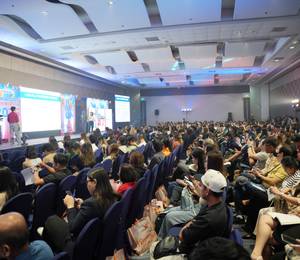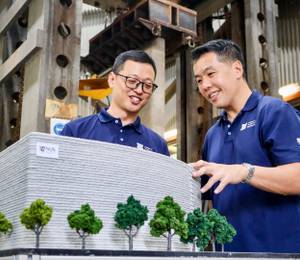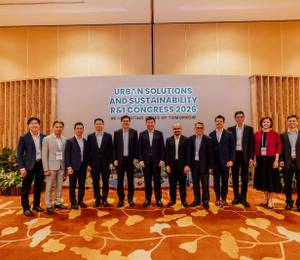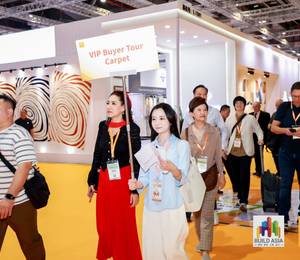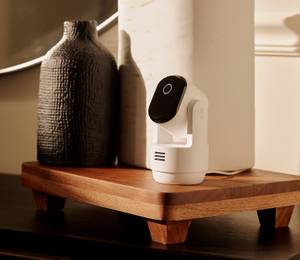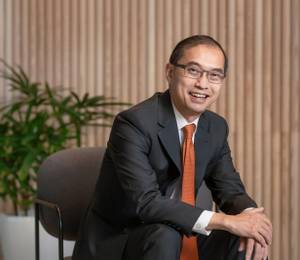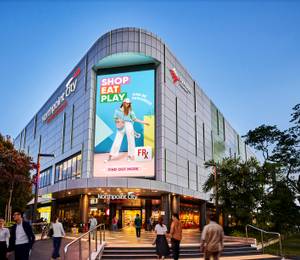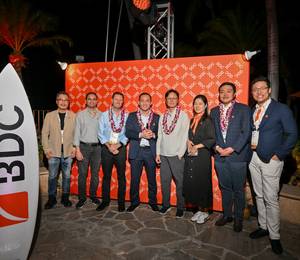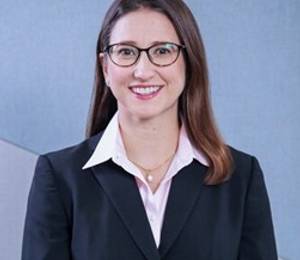Drones have made facade inspection of buildings easier, faster and more precise. But how are these inspections done and what are the key things to look out for? Kabi Subramaniam from Arup Singapore, shares his views with SEAB.
SEAB: How are drones used to inspect facades?
KABI: Drones are being used to carry out a 100 percent visual inspection of Building Facades. Key drivers for using a drone for facade inspections are to:
1. Identify critical defects to the façade that may pose a safety concern
2. Increase productivity in completing the façade inspection
3. Increase the accuracy in capturing data which will assist in the predictive maintenance of the facade
SEAB: What are some of the challenges faced during a drone operation?
KABI: Key challenges include:
1. Security Concerns – There are restrictions around the use of drones around areas of ‘high’ security.
2. Proximity to Adjacent Buildings – There is a requirement in relation to how close a drone can operate to the building.
3. Safety – The use of drones is also prohibited in the vicinity close to the airport or in locations where there is a main road etc. However, if there is high traffic, there are options to consider in regard to the timing of the operation etc.
“The use of drones has certainly improved and enhanced our service offering as we have increased the productivity and accuracy of the inspections.” – Kabi Subramaniam
SEAB: Which projects have you worked on in Singapore and in the Southeast Asian region and what was your experience?
KABI: We have been using drones on façade inspections since 2013; the first project was the inspection of UOB Alexandra Building. Since then, we have worked on many others, including in Singapore the Gateway Building, both towers at 78 Shenton Way and 79 Anson Road and the Menara UOB in Kuala Lumpur, Malaysia. The use of drones has certainly improved and enhanced our service offering as we have increased the productivity and accuracy of the inspections.
Using drones has also allowed us to capture more accurate information of the façade which has further enabled us to provide advice to clients on the maintenance of the assets and also address the potential risks to the façade. This has allowed them to mitigate any potential risks and enhance the value of the asset.
